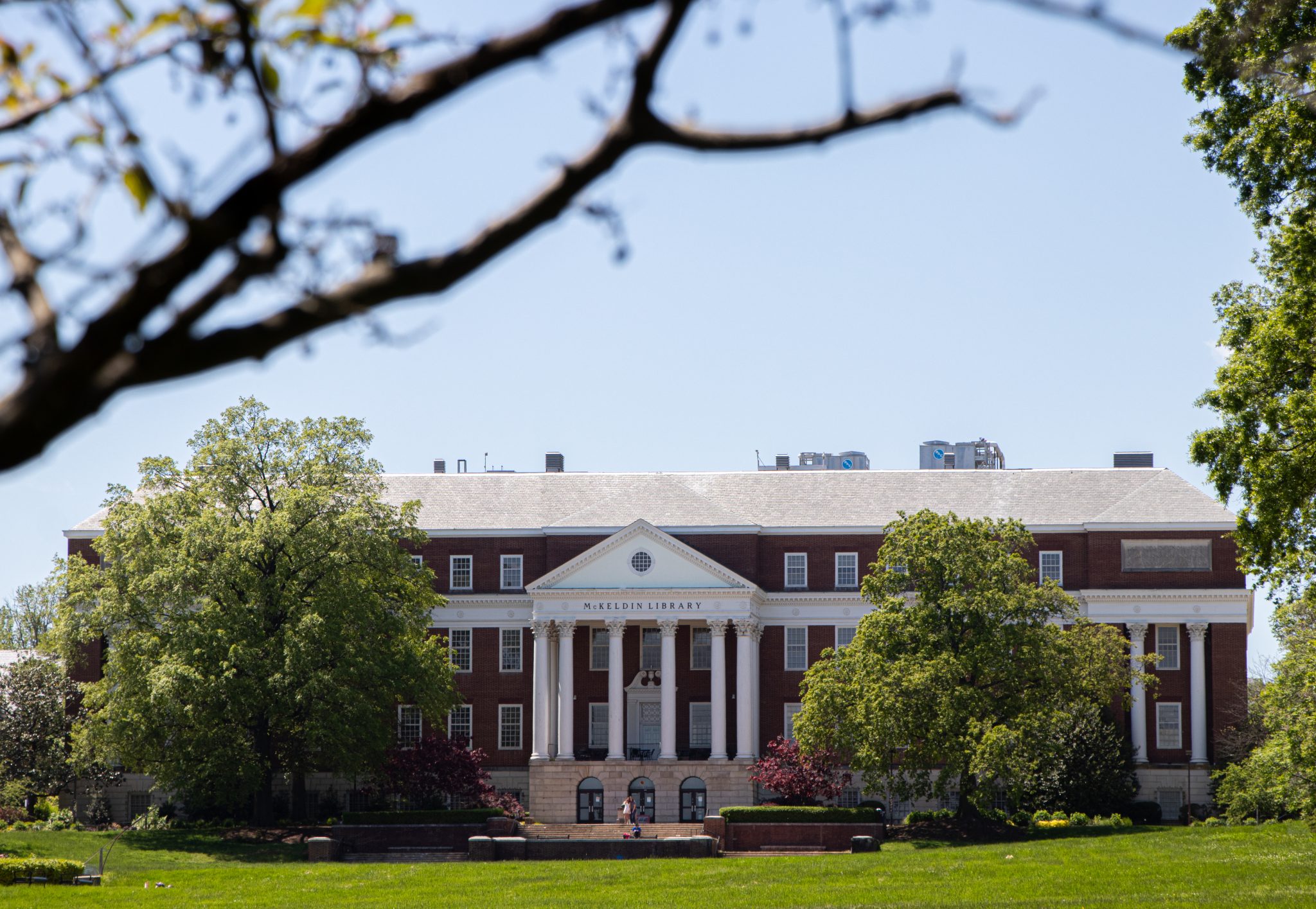Views expressed in opinion columns are the author’s own.
In 2020, events like the police killings of George Floyd and Breonna Taylor and the increase in hate crimes against Asian Americans have forced American institutions to face their past, present and future of systemic racism.
Universities haven’t been exempt from calls for racial justice. Just last week, at the University of Maryland’s candlelight vigil for the victims of the recent Atlanta shooting targeting Asian Americans, a speaker called out university President Darryll Pines for only acting symbolically in support of the AAPI community.
But if the last few months have taught us anything, it’s that a comprehensive education must include discussion of historical and contemporary racism in America. No student should graduate from college without at least a basic understanding of the discrimination their peers face on a daily basis. This university has a responsibility to teach its students the necessary history to adequately combat hate. That’s why this university needs to update its diversity curriculum, better fund departments and hire from a more diverse pool.
The best course of action is focusing on knowledge all students will need to apply in contemporary life. This university currently requires students to take two courses to satisfy a diversity requirement. These courses fall under two categories, Cultural Competency and Understanding Plural Societies, including everything from literature to international relations to media literacy. The current course offerings span 50 departments and are so vast that it is difficult to think two students would fulfill the requirement the same way.
All the courses currently offered to fulfill the diversity requirement undoubtedly broaden students’ views of the world — but that selection is so broad it is difficult to determine what the university intends students to get out of it.
While having this variety of courses available is commendable, some of the courses offered are more essential than others. It is necessary to apply historical knowledge when discussing ever-present discrimination in America, something that all students will encounter at some point in their lives.
That is why this university should limit course offerings that satisfy the requirement to only a few departments that focus on the history of marginalized people in America. These departments include African American, Asian American, Jewish, women’s and LGBT studies.
Shifting the general education requirements toward these departments should also be accompanied by the administration giving departments the funding they need. These departments have clearly not been a priority for the university; the Asian American and LGBT studies departments do not even have majors. The university should increase funding for these departments so they’re able to expand staff and create new classes.
The issue of funding also touches on another area where the university has faced criticism: the diversity of its faculty. As of 2020, 56 percent of the faculty is white, compared to 46 percent of the undergraduate student population. And while 10.9 percent of the faculty identify as either African American/Black, Hispanic, American Indian or Native American, 13.2 percent identify either as Asian or multiple races.
Diversifying the faculty is actively beneficial to students themselves, who will be able to learn not only from the teachers’ expertise but also from their personal experiences with the issues being discussed.
Those who exist outside a marginalized group will never understand what it is like to experience what they experience. Updating the diversity curriculum, increasing funding for departments that focus on marginalized groups and diversifying this faculty are just some of many actions this university needs to take. Education is essential in building understanding and combating bigotry, something this university and the American educational system broadly have failed at thus far.
Adam Cullen is a sophomore government and politics major. He can be reached at acullen@umd.edu.



